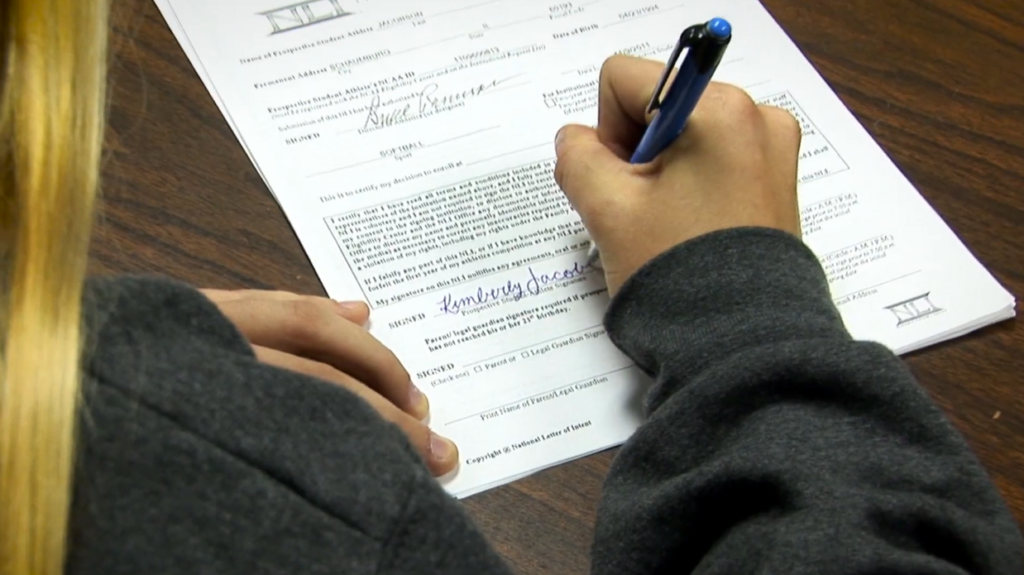Navigating the legal landscape of non-compete agreements can be financially daunting. Understanding the factors impacting the cost is crucial for anyone facing such a challenge. Here, we’ll explore key considerations that shed light on the expenses involved in combating a non-compete agreement.
How Much Does It Cost to Fight a Non-Compete?
Typically, non-compete disputes tend to have relatively modest costs, averaging around $10,000 or less. Often, employers seek injunctions, which can expedite resolution if unsuccessful. These cases often hinge less on factual disputes and more on legal complexities.
What is a Non-Compete?
A non-compete agreement, or non-compete clause, is a legal contract between an employer and an employee (or sometimes a business and a contractor) that restricts the employee’s ability to engage in competitive activities, such as working for a rival company or starting a competing business, for a specified period and within a defined geographic area after leaving their current employment or business relationship.

Its primary aim is to protect the employer’s business interests and confidential information. Non-compete agreements are subject to legal regulations and enforcement can vary by jurisdiction.
What Makes a Non-Compete Valid?
A valid non-compete agreement must meet specific legal criteria to be enforceable. Here’s a breakdown of what makes a non-compete valid:
- Legitimate Business Interest. The non-compete must serve a legitimate business interest, such as protecting trade secrets, confidential information, customer relationships, or specialized training.
- Reasonable Scope. The agreement should define reasonable limitations on the period and geographic area in which the employee is restricted from competing. An excessively broad scope may render the agreement invalid.
- Consideration. The employee must receive something of value (consideration) in exchange for agreeing to the non-compete, whether it’s a job offer, promotion, or additional compensation.
- Clear and Specific Language. The terms of the non-compete must be clear and specific, leaving no room for ambiguity or misunderstanding.
- No Undue Hardship. The non-compete should not place an undue hardship on the employee, preventing them from earning a livelihood or pursuing a similar career.
- State Laws. Compliance with state-specific laws is crucial, as non-compete regulations can vary significantly from one jurisdiction to another.
- Signed Agreement. The employee must voluntarily sign the non-compete agreement, and it should not be forced upon them after employment has already begun.
- Balanced Interests. The restrictions imposed by the non-compete should strike a fair balance between protecting the employer’s interests and allowing the employee to pursue their career.
What Affects the Cost of Fighting a Non-Compete?
The cost of challenging a non-compete agreement can vary significantly depending on various factors. Here are key elements that affect the cost:

- Legal Representation. Engaging an attorney experienced in employment law or non-compete disputes is essential. The cost will depend on the attorney’s fees, experience, and the complexity of the case.
- Jurisdiction. Legal expenses can differ based on the state or country where the dispute is litigated, as each jurisdiction has its own laws and court procedures.
- Case Complexity. Cases involving intricate legal issues or a substantial amount of evidence can be more costly to litigate.
- Negotiation Efforts. Attempts to resolve the matter through negotiation or alternative dispute resolution methods, like mediation, can impact costs.
- Injunctions. If the employer seeks an injunction to enforce the non-compete, the proceedings may accelerate but could also result in higher legal costs if contested.
- Discovery Process. The extent of information gathering and discovery processes, including depositions [1] and document requests, can affect expenses.
- Trial. The cost of preparing and presenting the case at trial, if necessary, can be a significant factor.
- Appeals. If either party appeals the initial court decision, additional legal fees and costs will accrue.
- Enforceability. The strength of the non-compete agreement and the legal arguments against its enforceability can influence the overall cost.
- Settlement. If the parties reach a settlement agreement, legal costs may be lower than a protracted court battle.
Conclusion
The cost of challenging a non-compete agreement can vary widely, depending on factors like legal representation, jurisdiction, case complexity, and negotiation efforts. Parties should carefully weigh these considerations when deciding to pursue or defend against such agreements.

